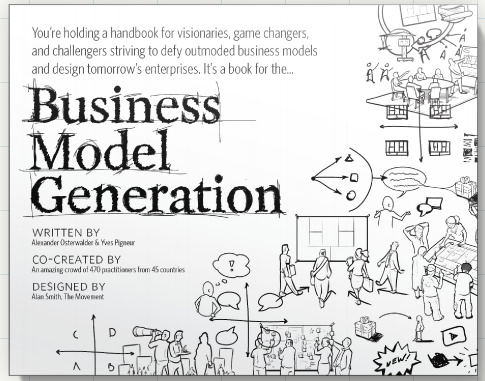Near Field Communication
Thursday, January 1st, 2009Ondrus, J., Pigneur, Y. (2009) Near Field Communication: an assessment for future payment systems. Information Systems and E-Business Management (ISEB), Vol. 7, Issue 3, p. 347’361. (PDF)
Abstract. – In this paper, we present an assessment of near ’eld communication (NFC) in the context of a payment market. During these past years, we have been witnessing a number of mobile payment trials based on NFC. Early experiences are already quite encouraging and many expect NFC to become a highly ef’cient and effective technology for mobile payments. The objective of our research is to evaluate in a systematic manner the potential of NFC as an upcoming technology for mobile payments. In order to ensure the rigor of our research, we used a formal and structured approach based on multi-actor multi-criteria methods. Our research provides one of the ’rst assessment of NFC and a realistic picture of the current Swiss situation as we involved numerous mobile payment experts. Our ’ndings show that Swiss industry experts are quite enthusiastic about the future of NFC.
(pdf)




